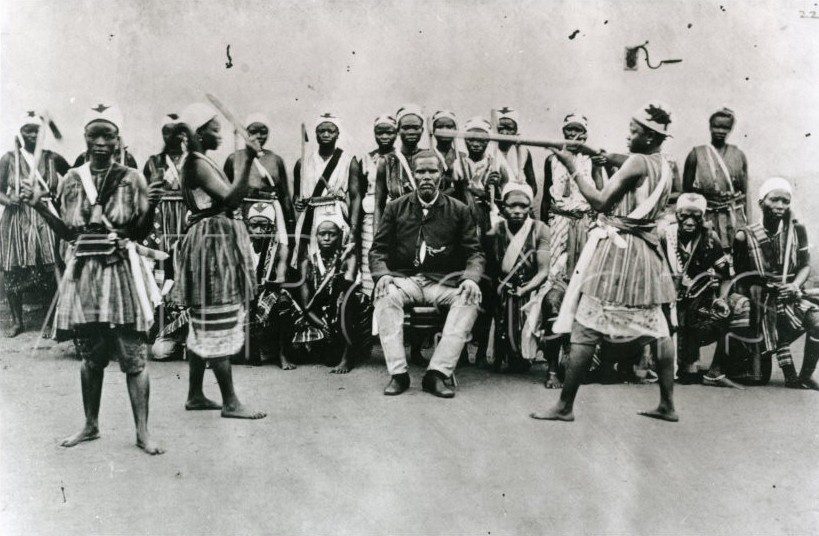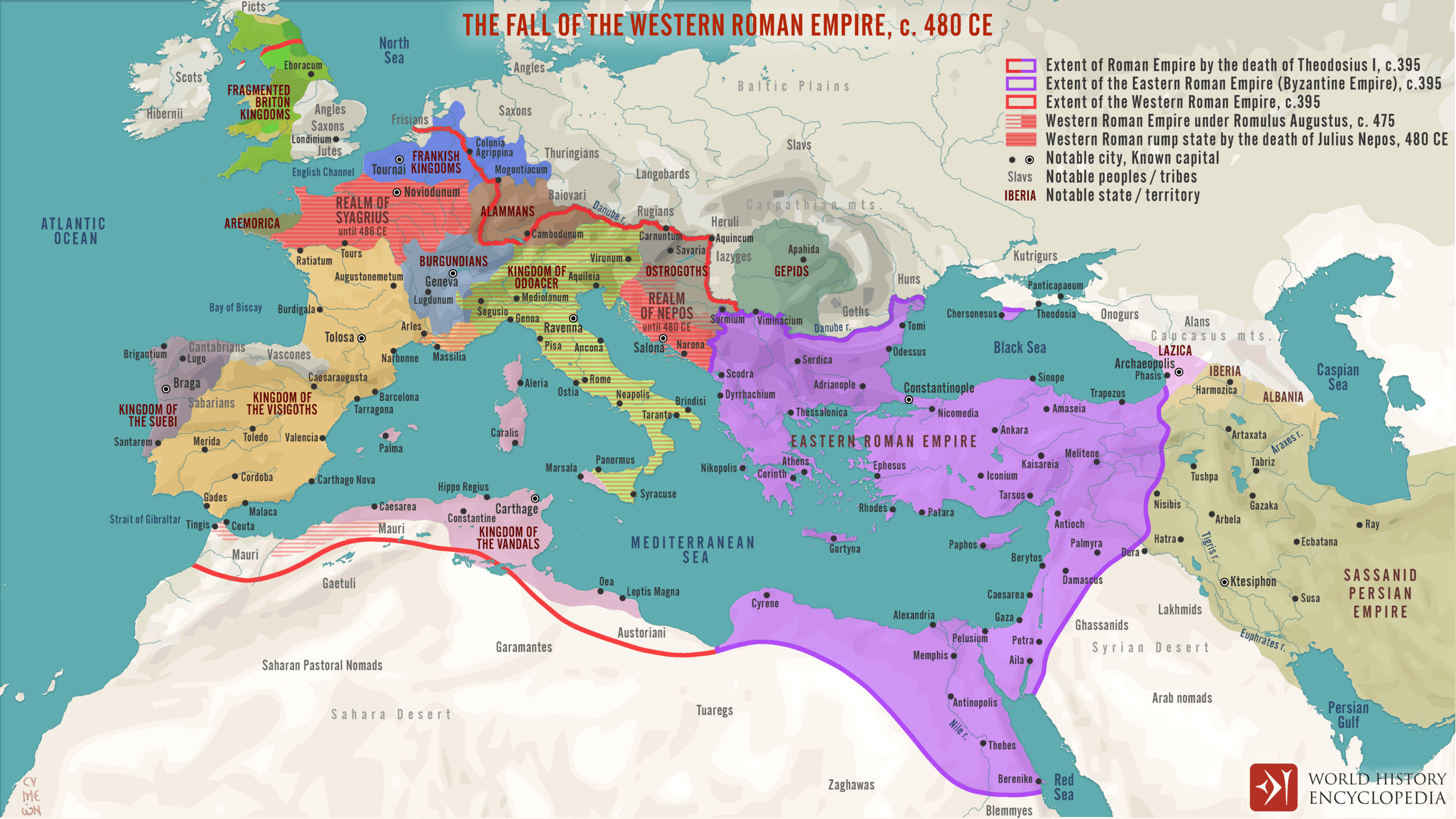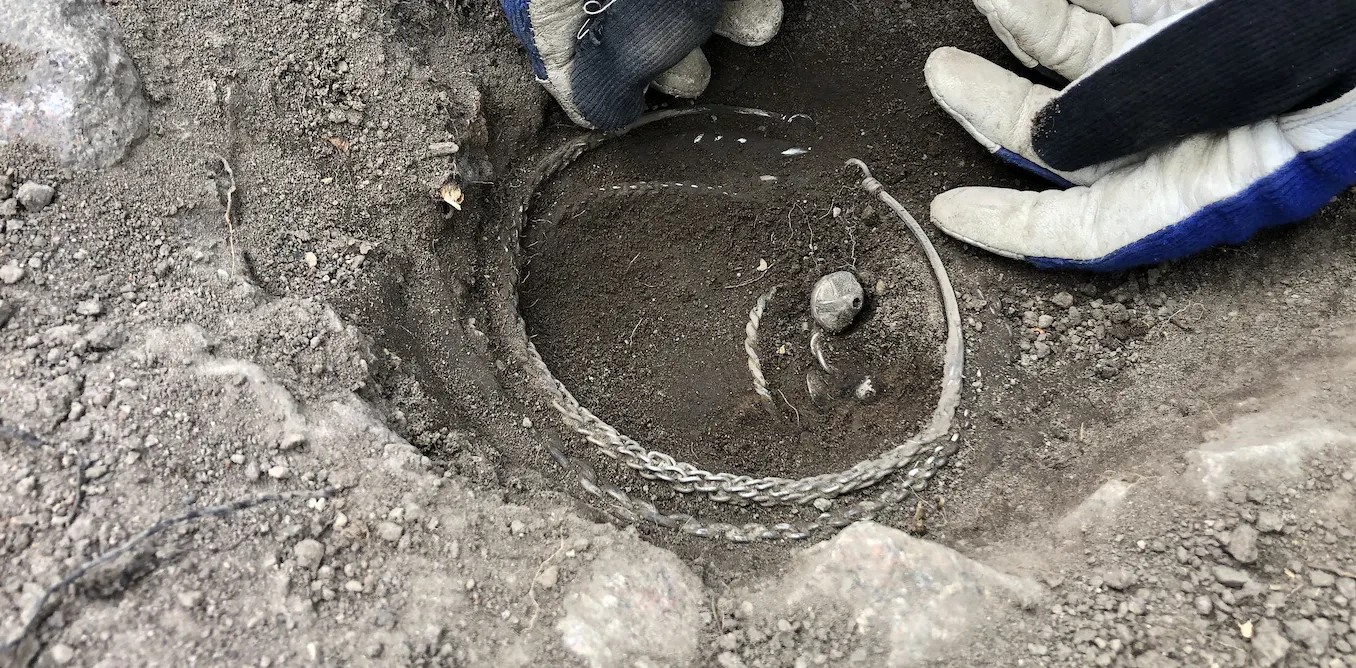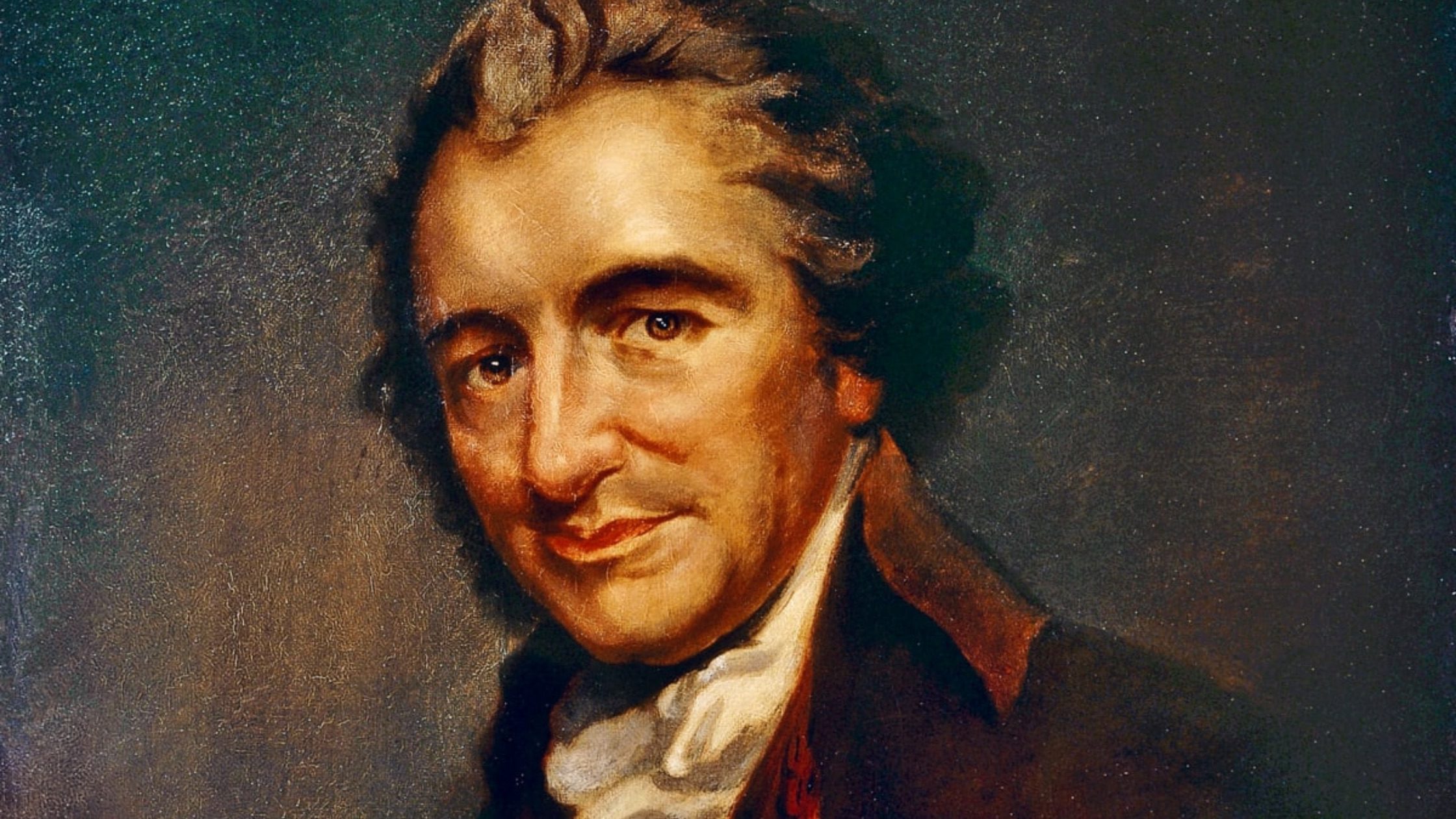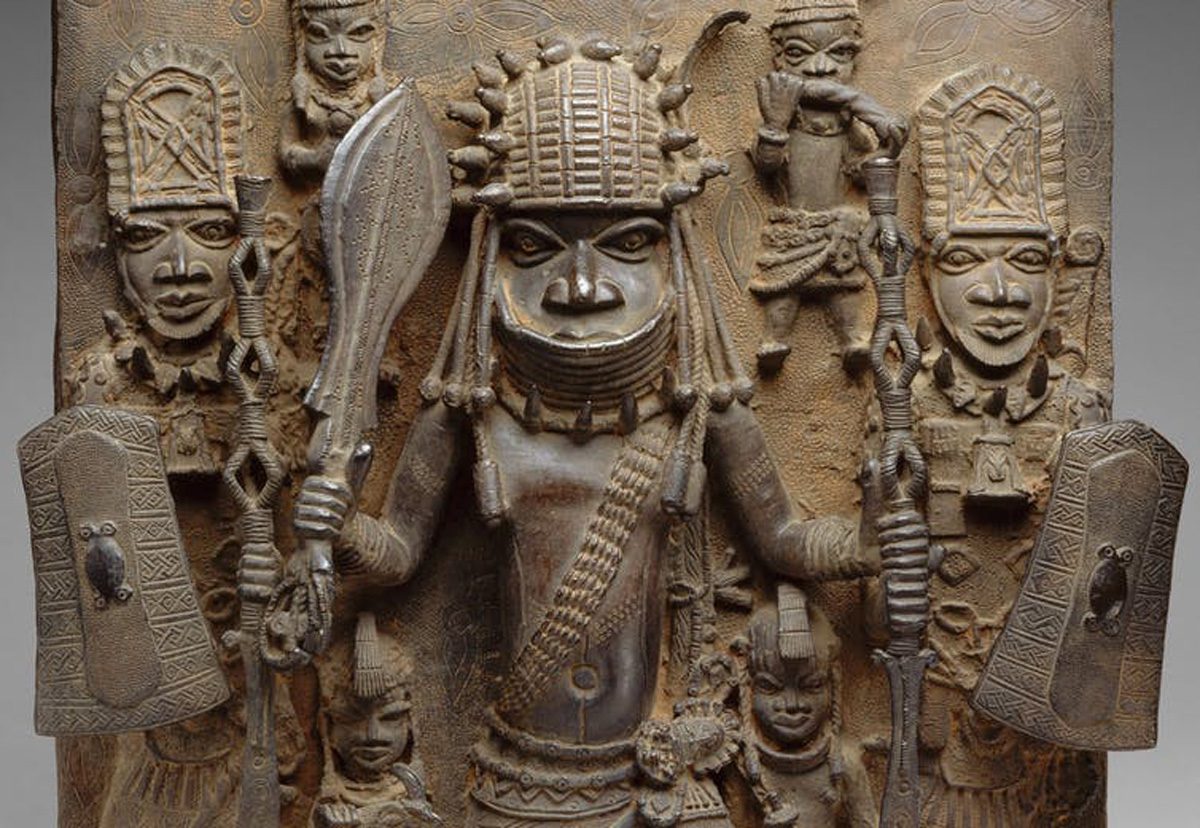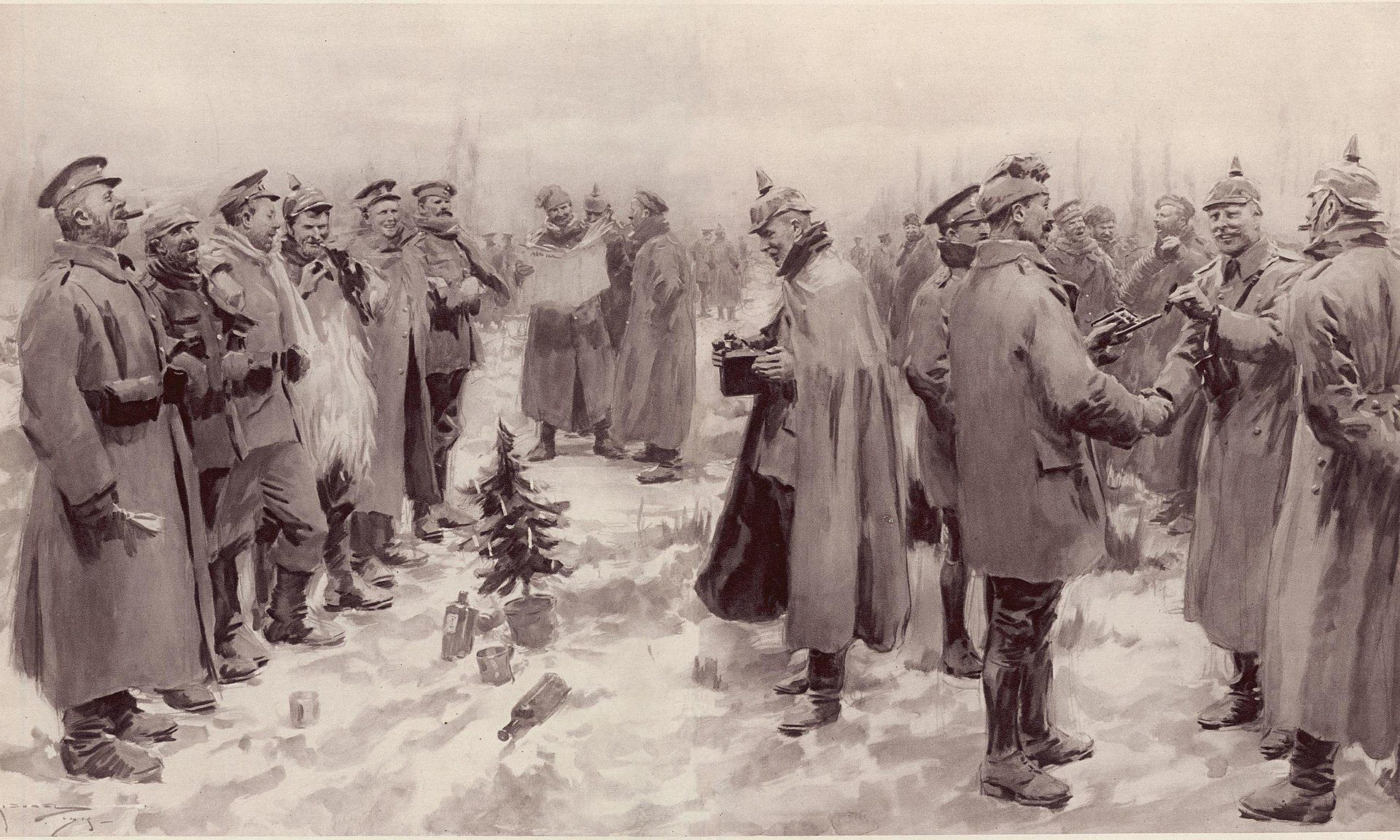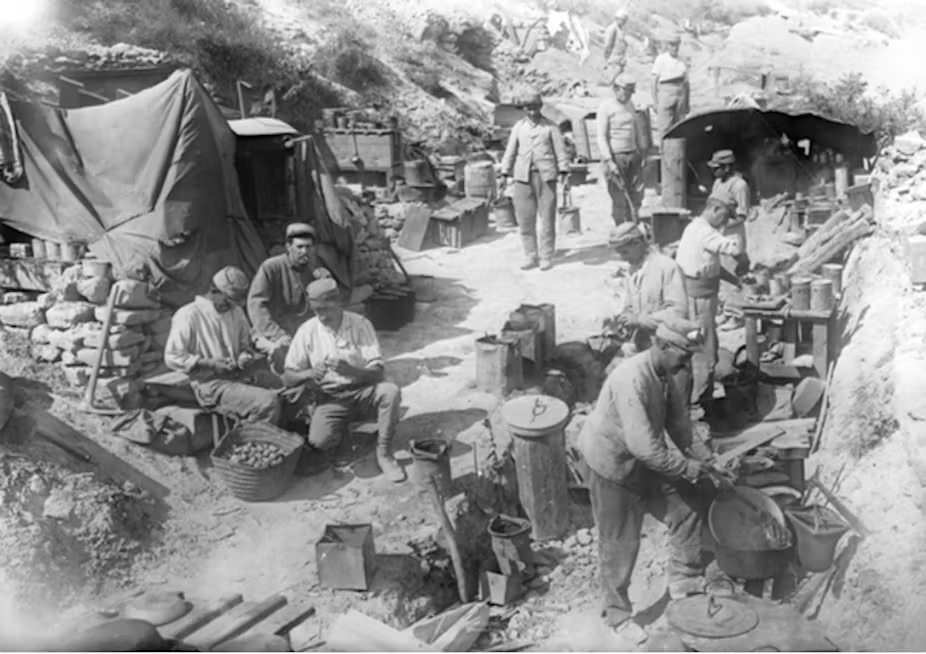
Why we don’t hear about the 10,000 French deaths at Gallipoli
Reading time: 6 minutes
With almost the same number of soldiers as the Anzacs – 79,000 – and similar death rates – close on 10,000 – French participation in the Gallipoli campaign could not occupy a more different place in national memory. What became a foundation myth in Australia as it also did in the Turkish Republic after 1923 was eventually forgotten in France.
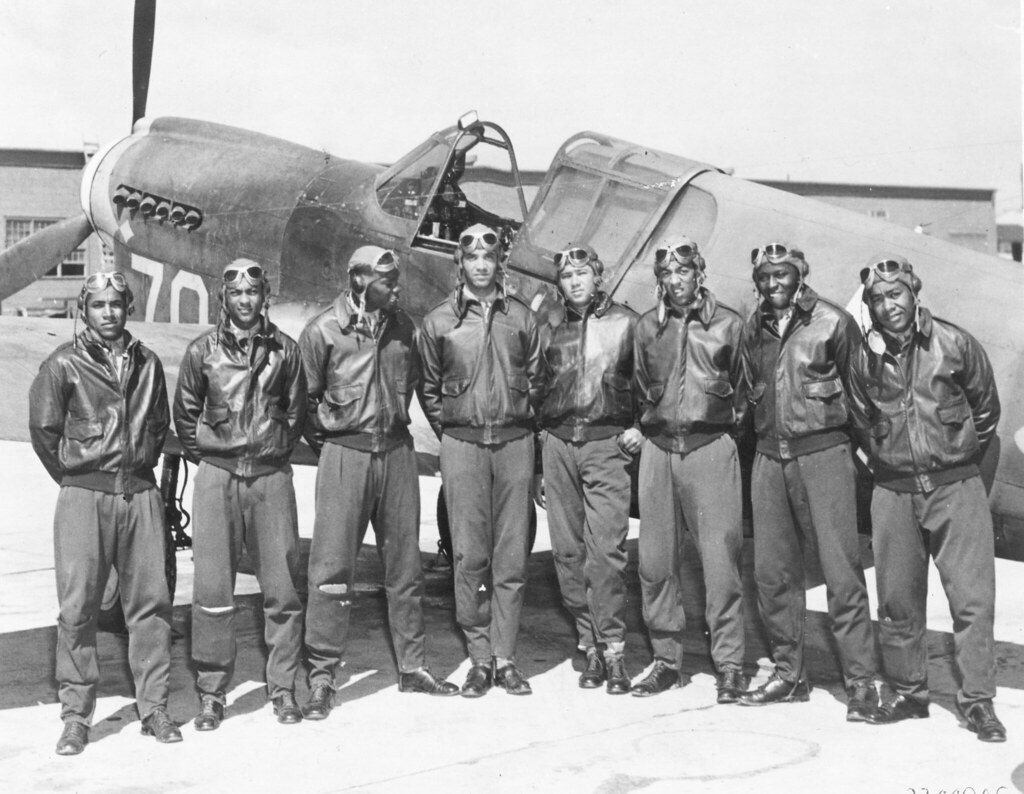
Where are All the Medals? Racial Bias in Military Bravery Awards
Reading time: 7 minutes
For service or for gallantry, almost all modern militaries – especially Western militaries, have issued war medals for a very long time.
But who decides who gets these medals and awards, and how?
Recent examination has brought to light a distinct lack of minority soldiers within Western militaries winning bravery awards, across many different countries, all throughout the 20th century and beyond.
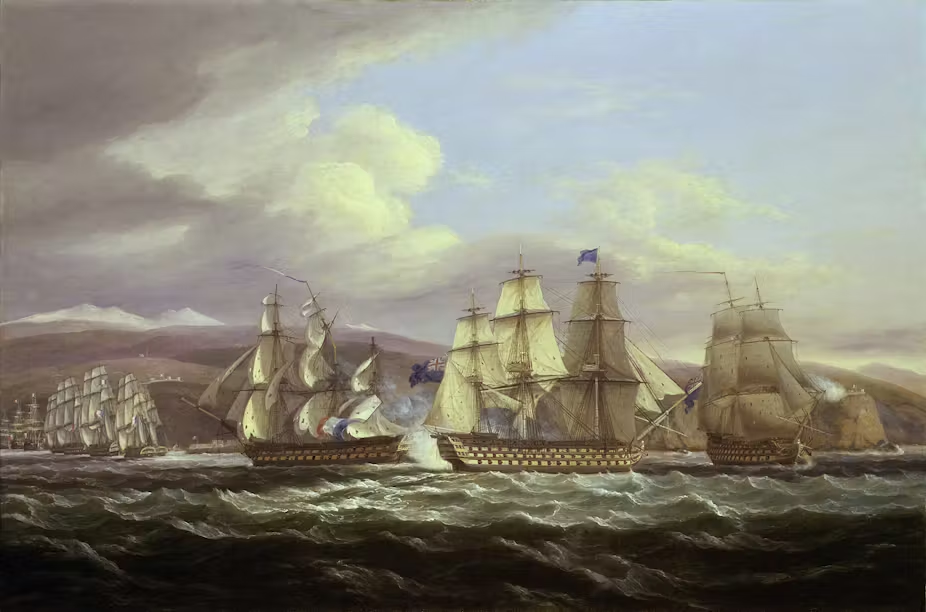
How the British defeated Napoleon with citrus fruit
Reading time: 5 minutes
Everyone knows that Britain’s conclusive victory over Napoleon was at Waterloo. The story of that day – the squares of infantry repulsing cavalry charges, the Imperial Guard retreating under murderous musket fire delivered by a red line of soliders, the just-in-time arrival of Field Marshal Blücher’s Prussian army – is one of excitement, horror and heroism. However, Britain’s biggest contribution to Napoleon’s defeat was much less romantic. It involved the first randomised controlled trial.
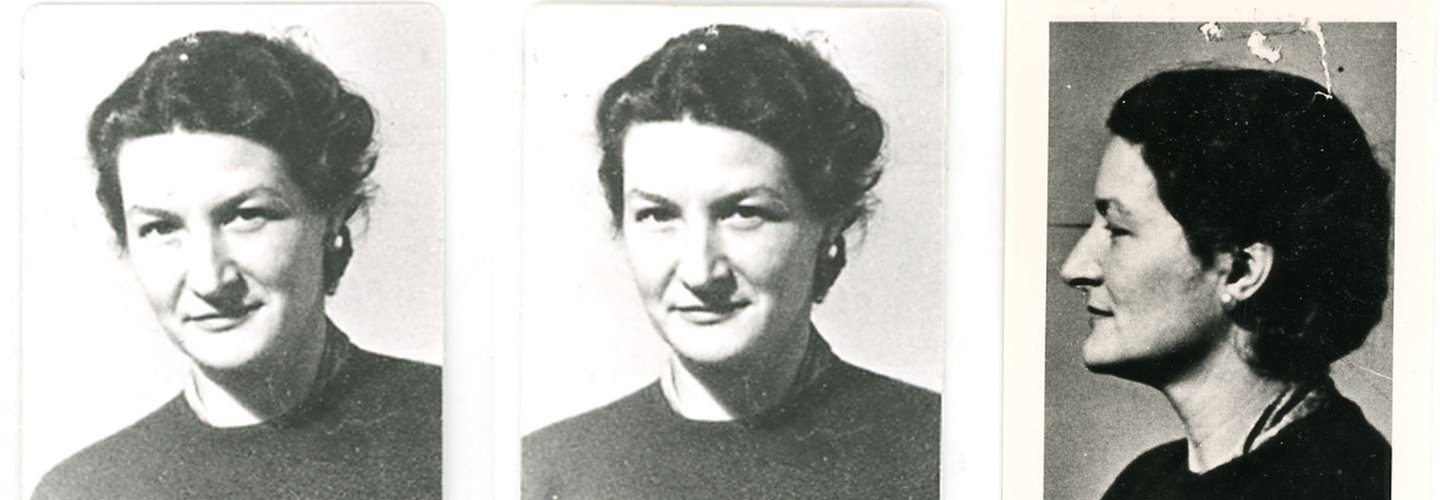
Virginia Hall, SOE Agent to CIA Pioneer
Reading time: 10 minutes
Virginia Hall (1906–1982) was an American woman who served with the British Special Operations Executive in France in 1941–1942. She then joined its US equivalent, the Office of Strategic Services, and became a founding member of the Central Intelligence Agency.
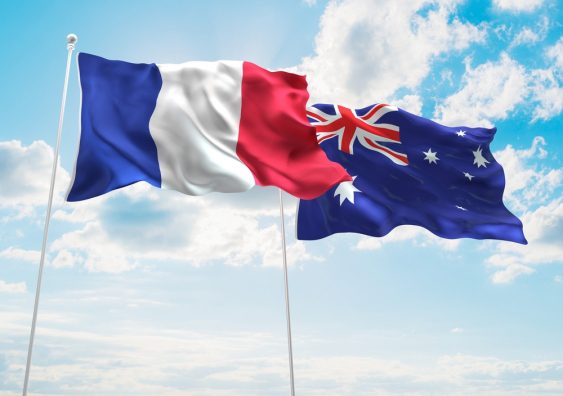
Australia’s long dread of France in the South Pacific
Reading time: 13 minutes
A striking duality drove Australia’s thinking about France in the 20th century. Expressed as a chant it went: In Europe, Good! In the Pacific, Bad!
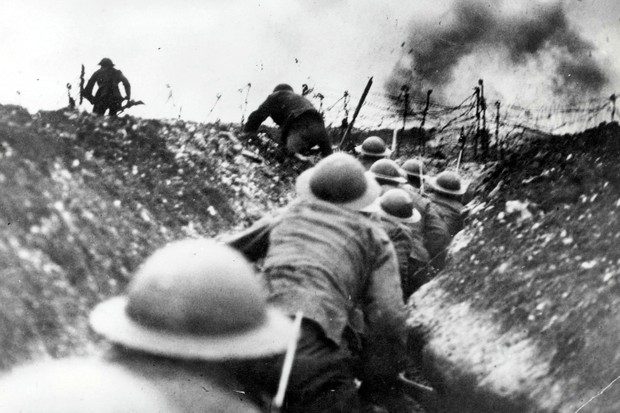
Ireland and the Battle of The Somme
Reading time: 8 minutes
The Somme was the first great action by a British Army on a continental scale. It was the longest, bloodiest battle of World War One, a campaign lasting four and a half months, and fought over a twenty-mile front near the Somme. In February 1916 Allied commanders had decided to launch an infantry offensive there,
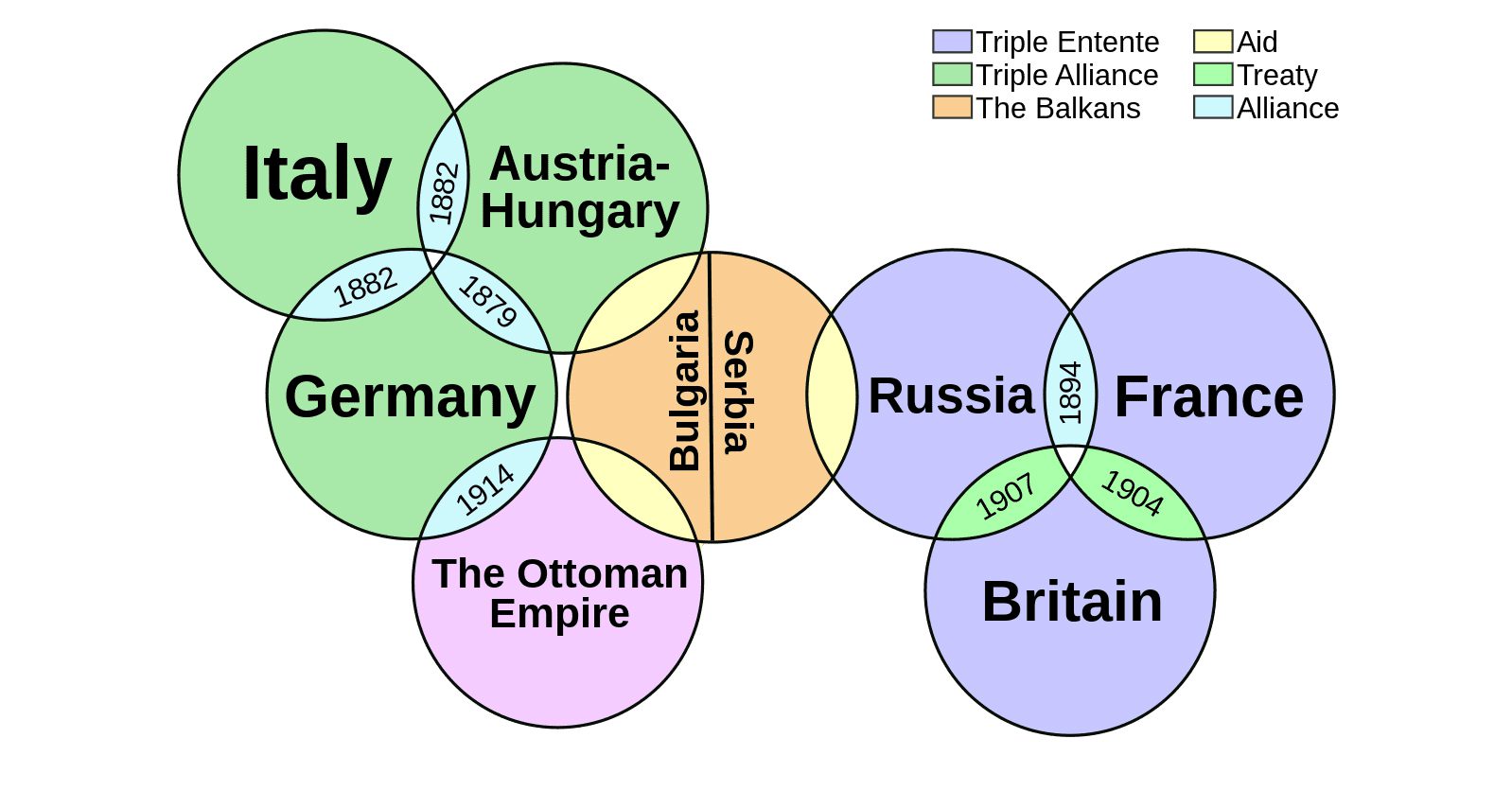
The debate on the origins of the First World War
Reading time: 5 minutes
The way historians have viewed the causes of WWI has changed in the hundred years since war broke out. This article explores the origins of the Great War.
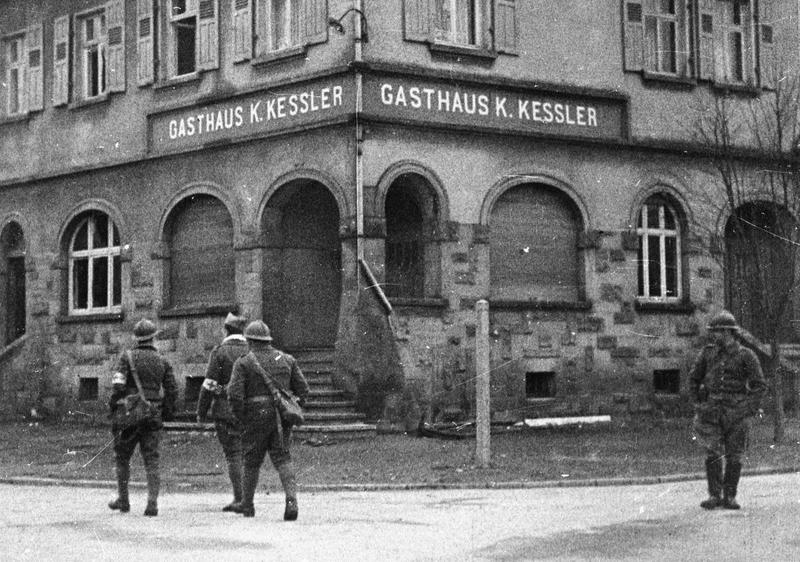
The Saar Offensive 1939: When France invaded Germany
Reading time: 7 minutes
In September 1939, as German armies overran large swathes of Poland far to the east, the French launched an offensive of their own. Their goal was to capture the Saarland, the area between the French border and the German Siegfried line and force the Germans to transfer divisions away from Poland. The Saar Offensive of 1939 had begun.
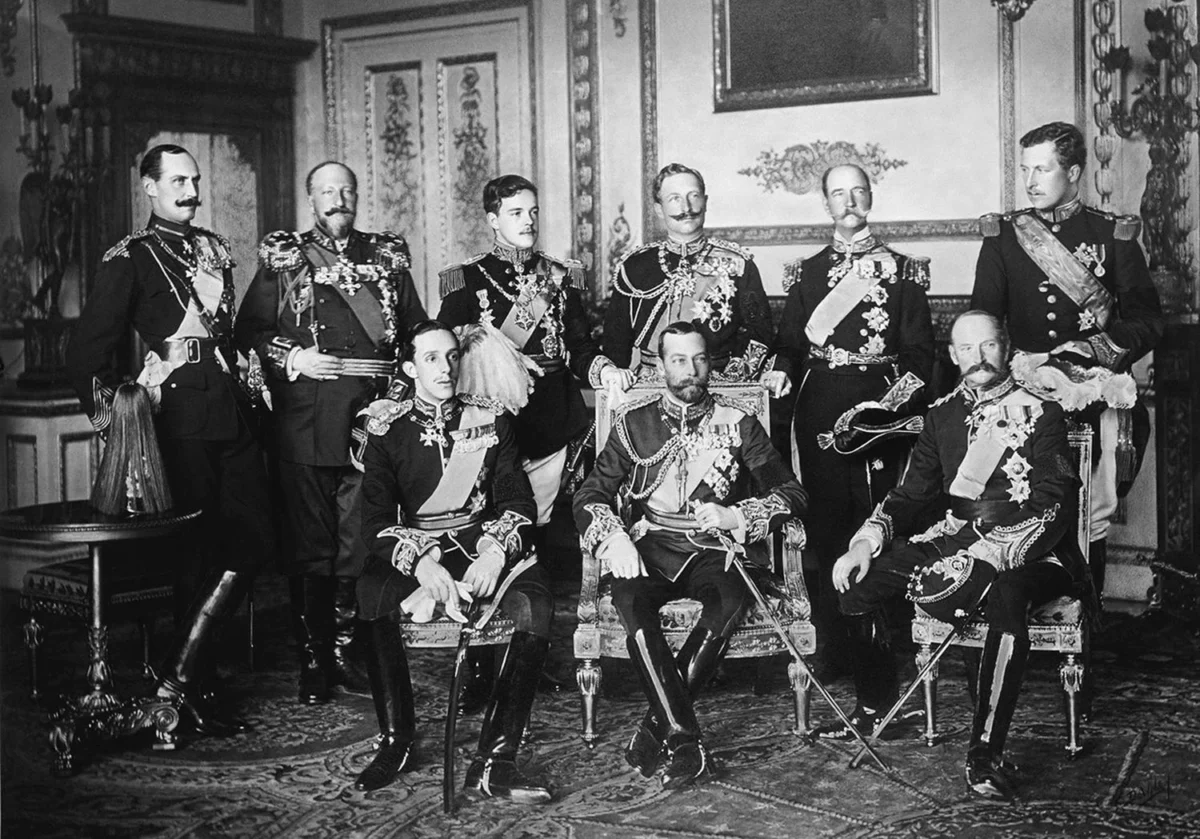
The debate on the origins of the First World War
Reading time: 5 minutes
The way historians have viewed the causes of WWI has changed in the hundred years since war broke out. This article explores the origins of the Great War.
How could the death of one man, Archduke Franz Ferdinand, who was assassinated on 28 June 1914, lead to the deaths of millions in a war of unprecedented scale and ferocity? This is the question at the heart of the debate on the origins of the First World War. Finding the answer to this question has exercised historians for 100 years.
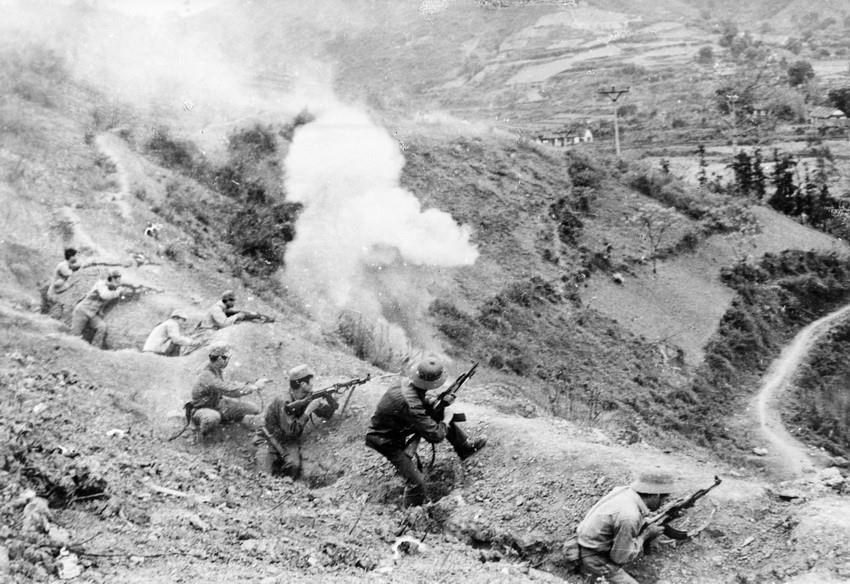
Sino-Vietnamese War
Reading time: 5 minutes
The Sino-Vietnamese war was a short, nasty conflict fought between China and Vietnam in early 1979. Largely forgotten by almost everybody including the belligerents, it was a side plot of the Sino-Soviet split, itself a sideshow to the Cold War. Let’s go over the events before, during and after the war to see what it was all about.
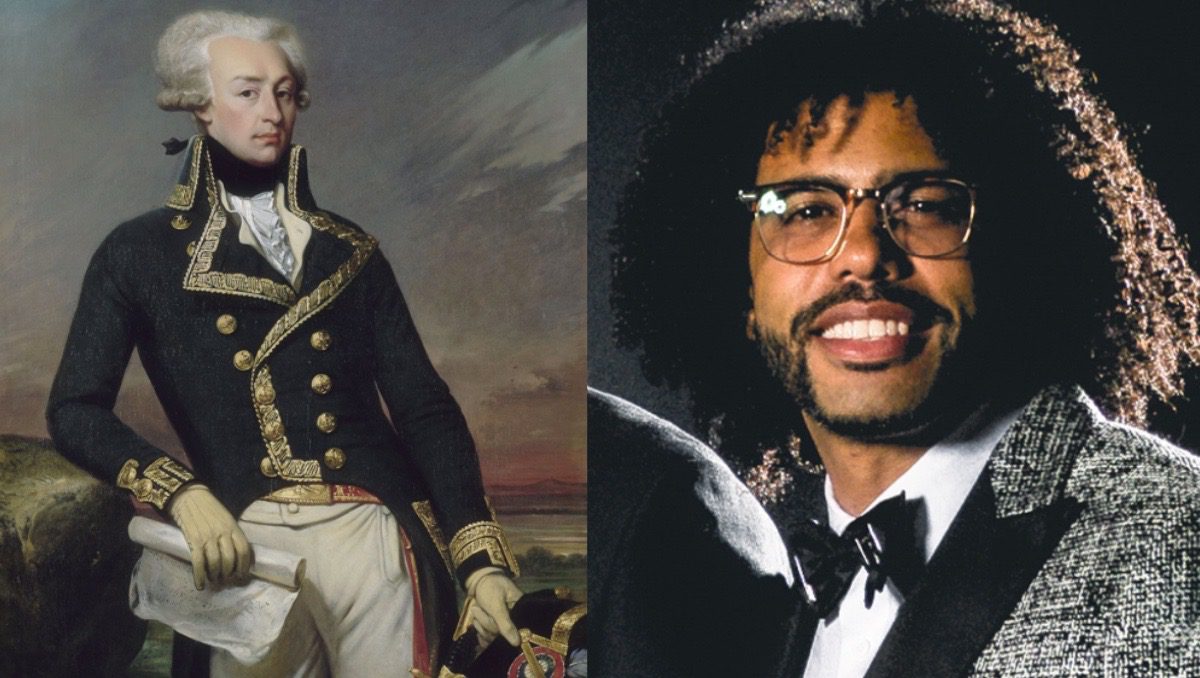
America’s Favourite Fighting Frenchman: Marquis de Lafayette
Reading time: 8 minutes
Hamilton is a smash hit depicting the lives of America’s founding fathers. But, when it comes to Lafayette, it got a few things wrong.
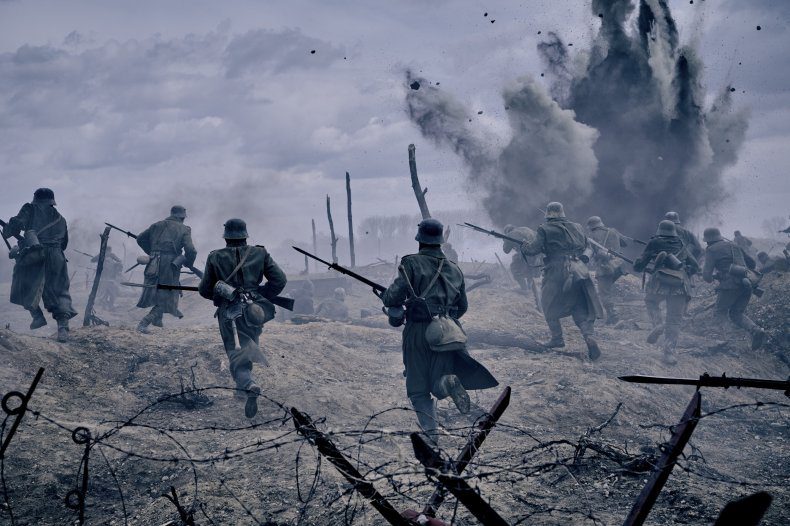
A TALE OF REMEMBRANCE, ADMONITION, AND DESPAIR: ALL QUIET ON THE WESTERN FRONT
Reading time: 6 minutes
The vivid and graphic imagery of the First World War has indeed become a potent symbol of the need for everlasting commemoration, and a continuous reminder of armed conflict’s futility. Yet with the inevitable passing of time, direct links to the “War to end all Wars” have regretfully vanished, with all veterans who served in the trenches now gone. This most special group of soldiers may now be physically silent, but their haunting messages of warning remain.
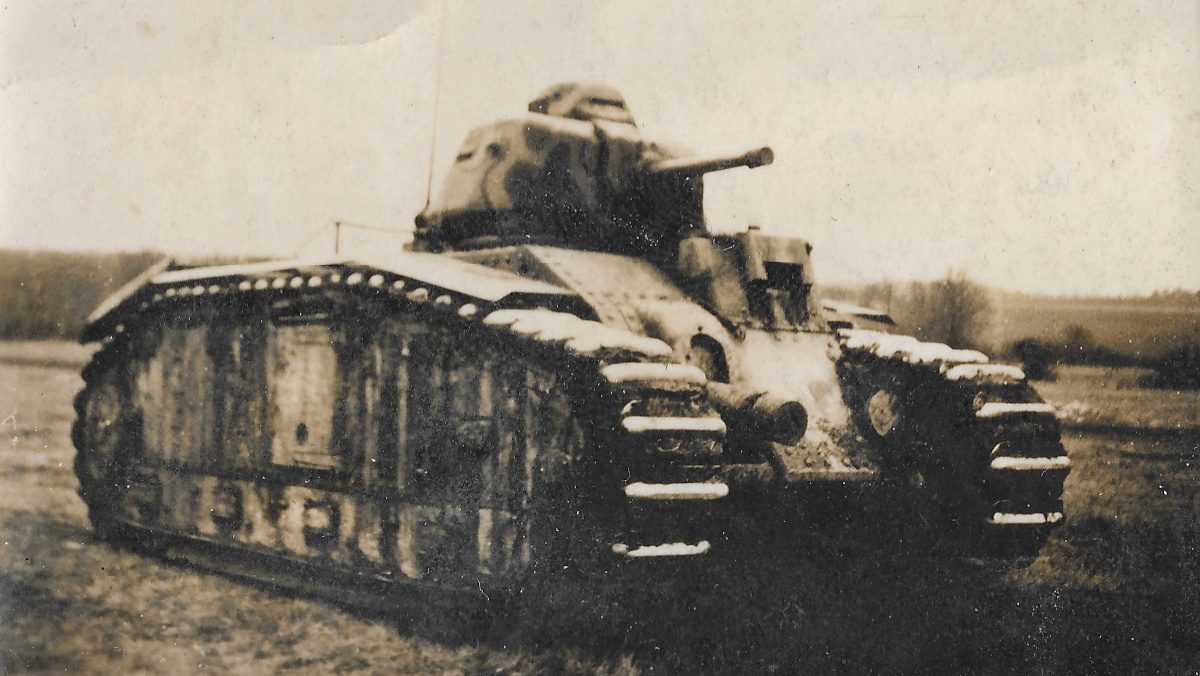
Battle of Stonne, France 1940
Reading time: 5 minutes
The battle for France in 1940 is often portrayed as a rout: the German Wehrmacht simply trounced the French forces within a few weeks, crushing them with military might and tactical ingenuity. However, a few episodes debunk this image and the Battle of Stonne, where a small town in the Ardennes changed hands 17 times in three days, is one of the most prominent.
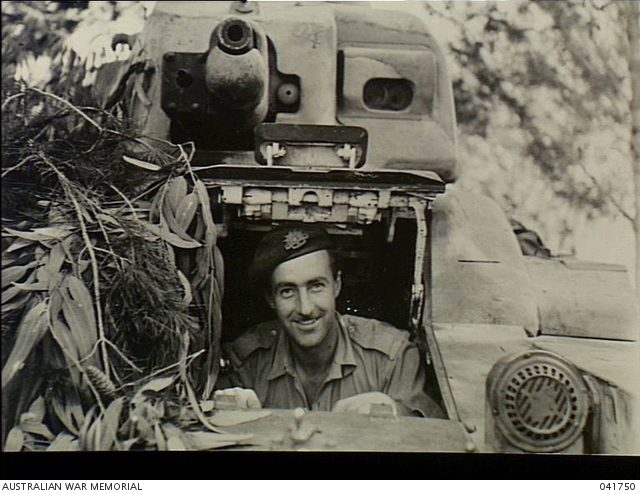
6th Australian Cavalry Reg in the Mediterranean, WWII – Video
The 6th Australian Cavalry Regiment were the first unit of the AIF to see action in the Western Desert in 1940. This is their story.
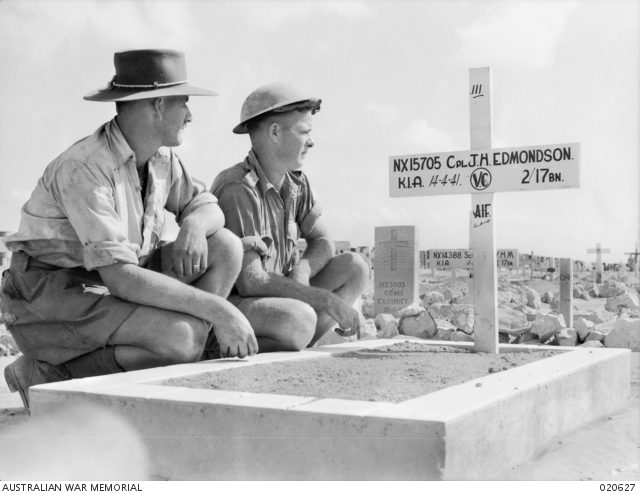
Australian VC’s in the Mediterranean, WWII – Video
There were six Australian VC recipients during the Mediterranean and North African Campaigns of the second world war. From the heroics of Lt. Roden Cutler in Damour, Corporal Edmondson of the Desert Rats defending Tobruk in 1941 to Sgt. Kibby with his tommy-gun in El Alamein. Learn more about Australian gallantry in the Deserts of North Africa.
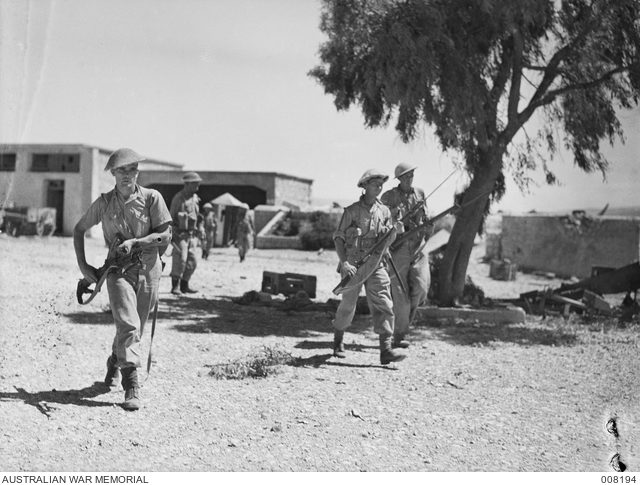
When Australia Fought France, WWII – Video
Operation Exporter was a little known, but very important campaign for the Australian military. It involved Australian’s fighting a strange war against confused Frenchmen who were not supposed to be our enemy. France had been defeated and subjugated by the Germans. The new French government, installed at Vichy, was answerable to the Führer. With France vanquished, the fate of their territories in Syria and Lebanon became uncertain.
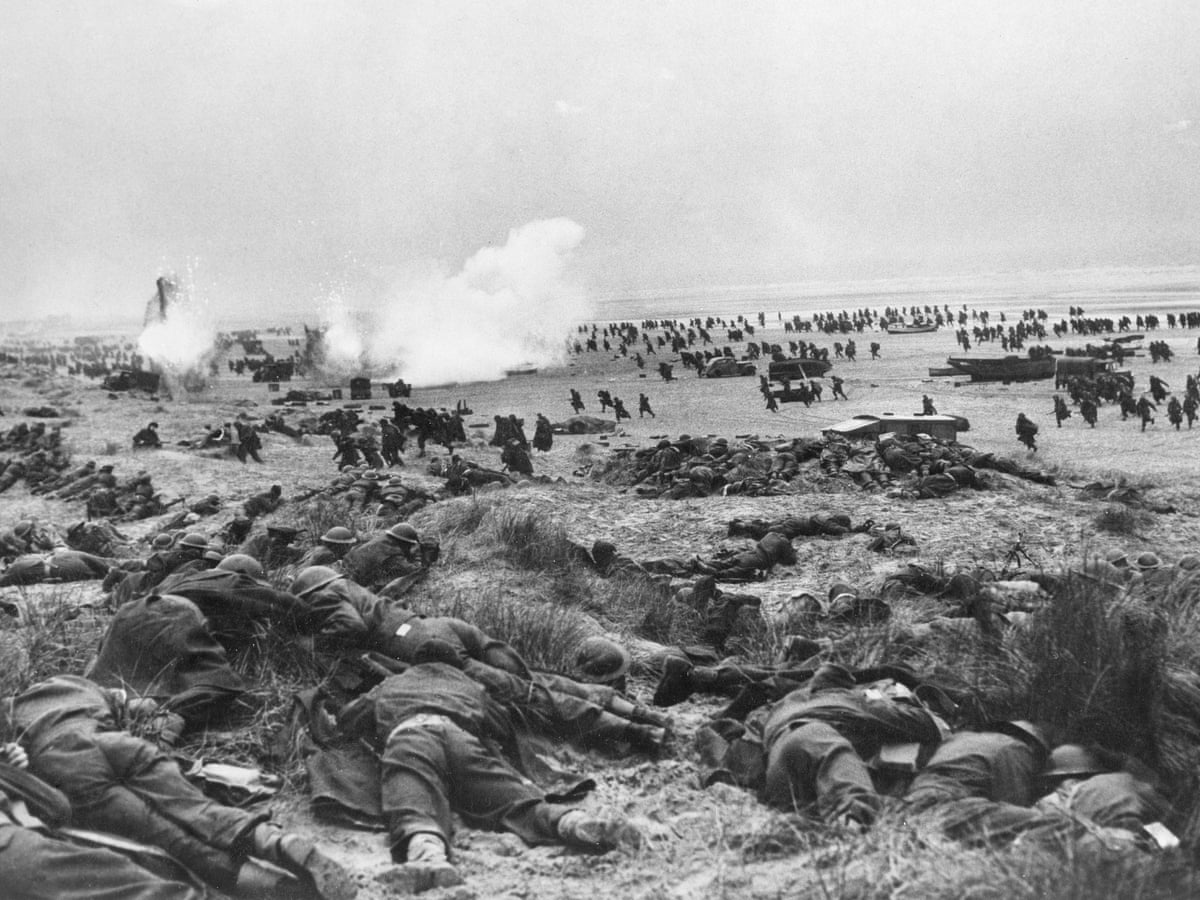
What happened to the French army after Dunkirk
Reading time: 5 minutes
The evacuation of the British Expeditionary Force (BEF) in May 1940 from Dunkirk by a flotilla of small ships has entered British folklore. Dunkirk, a new action film by director Christopher Nolan, depicts the events from land, sea and air and has revived awe for the plucky courage of those involved.
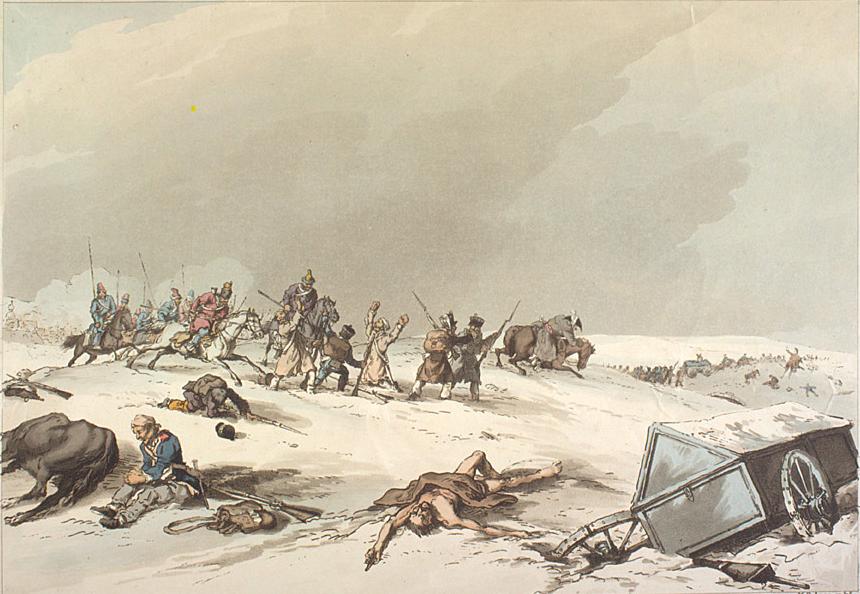
The Beginning of the End: Napoleon’s Retreat from Russia
Reading time: 6 minutes
On 24 June 1812, Emperor Napoleon Bonaparte led the French Grand Army across the Neman River, invading Russia. By this point, the French Emperor had won many military victories, giving him control over most of Europe. However, his invasion of Russia would prove to be a devastating point in the Napoleonic wars and a major blow to his political and military power across Europe.

